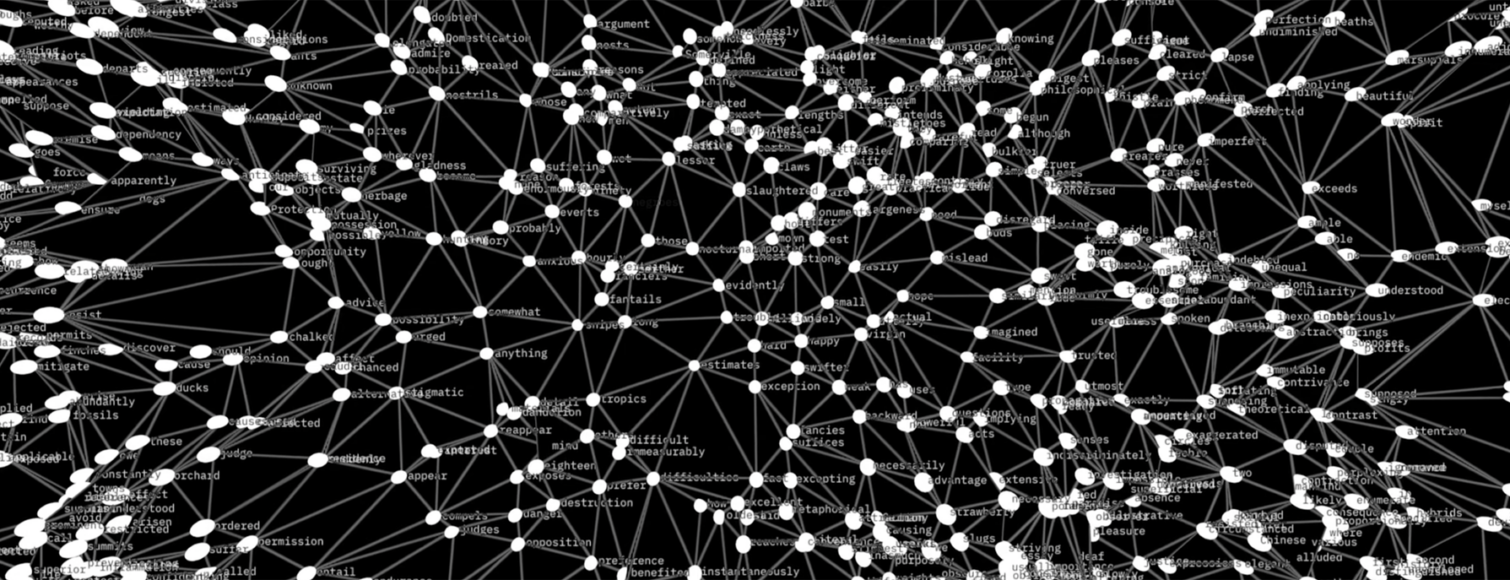“When the woman/ man saw that the fruit of the tree was good for food and pleasing to the eye, and also desirable for gaining wisdom, she/ he took some and ate it. She/ He also gave some to her husband/ his wife, who was with her/ him, and he/ she ate it.” – Genesis 2:4-3:24
What did you feel or think when you read this text? To me, when reading the original fragment, it feels like the woman, Eve of course, is (wrongfully) portrayed as ignorant and naive. However, when the roles are reversed, I tend to assume that the man, Adam, had good reason to pluck the apple. What does that imply? It certainly builds on my conviction that our society teaches us to look differently at women and men. Simply flipping gender in this canonical piece of text reveals assumptions hidden in society that come to the surface via my interpretation. If simple words taken from the stories that shape our worldview reveal a version of our reality, what will we discover about ourselves when we change them? What power is there in language?
You could argue language is ‘just’ an efficient tool for social beings to survive, like the songs of whales or the way trees use their roots to exchange information. But look closer and you will notice how it is intertwined with our very existence, how it takes hold in every corner of our being. Duolingo thrives because of our hunger for foreign tongues. Walt Disney’s The Little Mermaid almost lost the love of her life (supposedly) because she had to make do without words. When Babel’s tower collapsed, we were left in chaos because of the lack of a shared language. Language shapes our very being and place in this universe. Did we create the words, or did they create us?
Having said that, it is easy to understand that it matters what words and which stories we know. And how it could change us if we alter those. The colonial debate today bogs down in an emotional standoff where different parties entrench themselves in black-and-white terms. Etienne Ys, former prime minister of the Dutch Antilles, wrote a novel in which he reversed the colonial roles: black people ruling enslaved white people. “By reversing the roles, you create distance through which an objective debate can be facilitated. In other words: I try to break the taboo.” Retelling the story differently to be able to look at each other as humans, beyond any dogmatizing stigma.
While retelling stories could help break taboos, repeating the existing versions can reinforce biases, inequalities, and imbalances as they know at TU Delft’s The Feminist Generative AI Lab. “A ‘feminist approach’ requires us to critically examine the power dynamics and forms of oppression inherent in society, reflected by AI and GenAI, and to actively elevate the voices of those who have traditionally been marginalized, such as women.” Not retelling but looking behind the words to see what is unsaid and then making sure it is heard.
You cannot escape the implications of everyday words: from basic biases in grammar to world-building ideologies and how they shape technology. And our utterances are not arbitrary; they are dependent on both what’s said and unsaid. TU Delft Library & Studium Generale will investigate power structures created through language the upcoming quarter. Join us on a deep dive into the pervasive use of language around us. We invite you to think about the stories that have shaped your worldview, and how. Can you tell them differently? And if so, what story will you (un)tell?
Check out the Q3 programme on Language x Power here.
Explore SG’s and the TUD Library’s related events this quarter on the theme: Language x Power
The stories we tell construct our reality, shaping our minds and the way we see the world, ourselves, and each other. But who wrote these stories, and to what end? Are we telling ourselves tales to liberate or dominate, to hope or despair? Can we tell those stories differently? And if so, what would we change?
11 Feb 12:45 | Existential Tuesday: What is language? @ TUD Library, the Nook
18 Feb 12:45 | Existential Tuesday: What would life look like in a scientific dictatorship? @TUD Library, the Nook
25 Feb 12:45 | Existential Tuesday: How do you become wise? @ TUD Library, the Nook
27 Feb – 27 May | Exhibition ‘In the Beginning was the’ @ TUD Library Hall
27 Feb 16:00 | Exhibition Opening Reception
3 March 20:30u | SG’s Critical Mass: Kolonialisme en taal: wie claimt het verhaal? @ Theater de Veste (in Dutch)
4 March 12:45 | Existential Tuesday: What is our culture’s grand narrative? @ TUD Library, the Nook
11 March 12:45 | Existential Tuesday: A workshop in paradoxical logic @ TUD Library, the Nook
13 March 16:30-18:30 | Politics of the Unsaid | Negation x Writing Workshop @ TUD Library
18 March 12:45 | Existential Tuesday: How do you manipulate people with words? @ TUD Library, the Nook
20 March 19:00 | Documentary Film night | The Mindscape of Alan Moore | VOX Film Club @ TUD Library
29 March SG’s festival For Love of the World @ Theater de Veste

